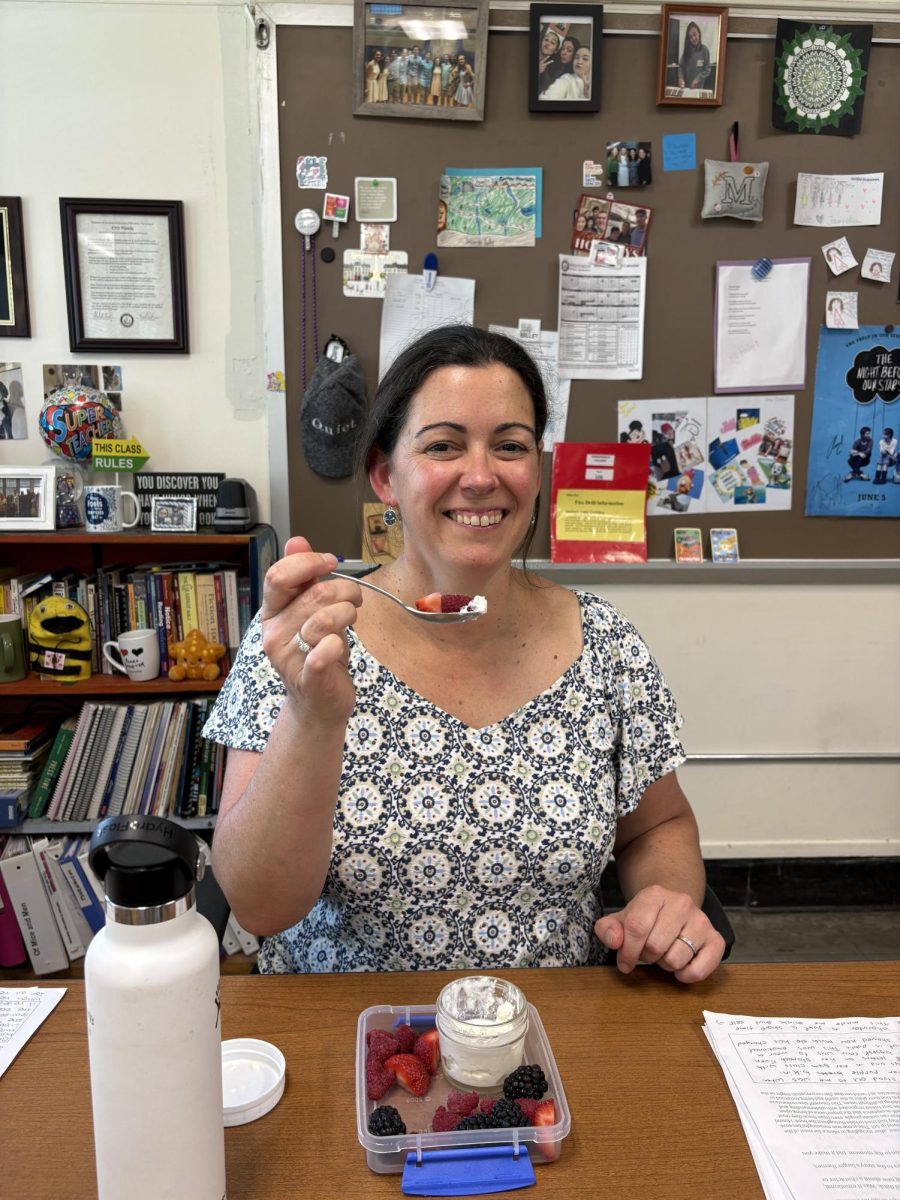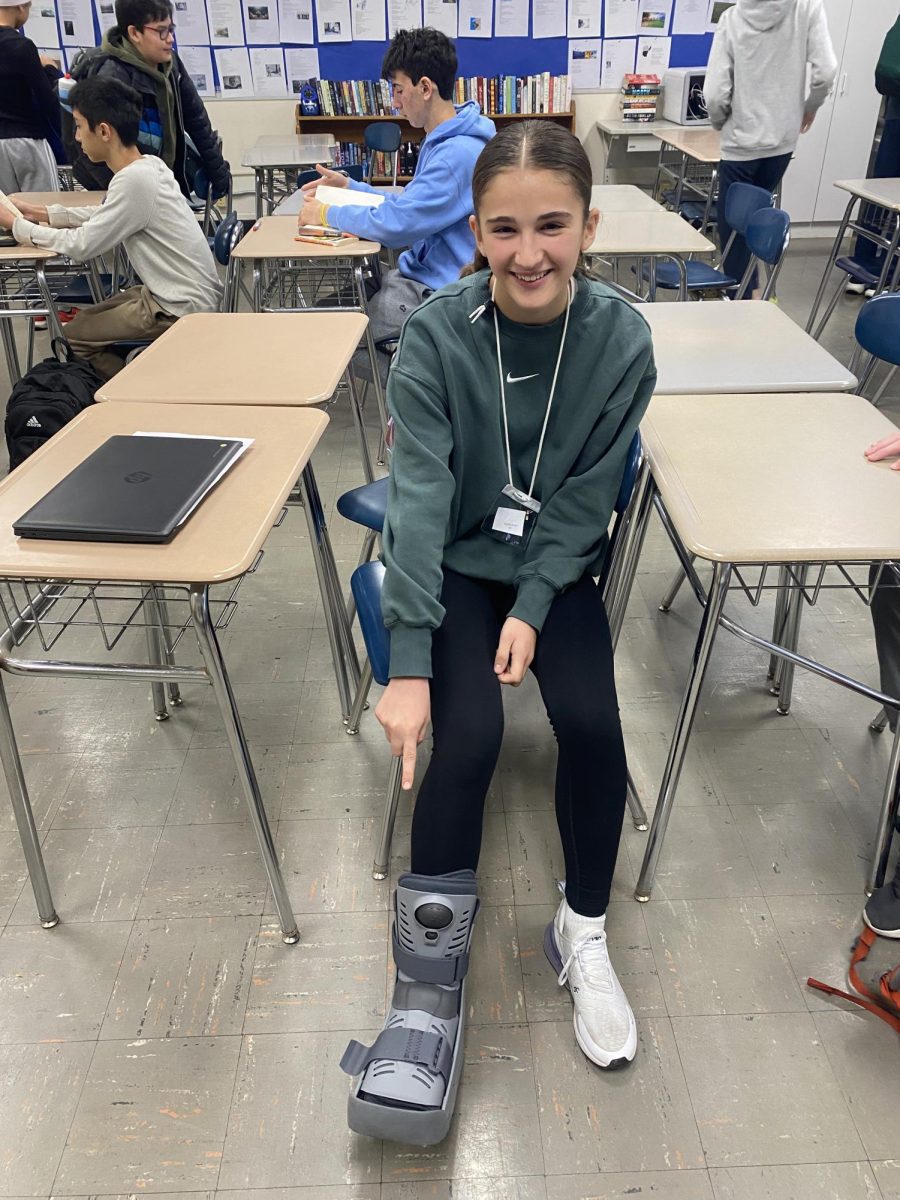The United States is the 10th most obese country in the world. To put it into perspective, there are 200 countries on a list made by Global Obesity Observatory. Without food and water, humans are unable to survive, so one can say that eating saves lives. But in this generation that may be far from the truth.
With prices rising, finding cheap and healthy food is not easy. Because of that, Americans rely on junk food more than natural food. Here in Edison Intermediate School (EIS) the food people put in their body often is not very ideal. 6th grader Maddox Castelluccio stated, “I usually eat pizza and one cookie because it’s what I get every day, and it’s what the school cafeteria provides.”
Although Maddox is at least eating food, he is missing out on some crucial elements in his lunch. According to The Whole U, “Lunches, like any other meals, should be nutritionally balanced and enjoyable. An easy way to help build a balanced lunch is to include foods from at least three food groups–vegetables, fruits, grains, protein and dairy/calcium-rich foods.” Maddox’s lunch does have some protein with an average cheese pizza slice having about 12.5 grams of protein, but there is no fruits or vegetables in his lunch other than tomato sauce. A meta-analysis of cohort studies found that eating more fruits and vegetables leads to a lower risk in cardiovascular disease. Also, fruits are found to be a great way to take in vitamin A, B, C, B9, E, and K which are all very important vitamins that everyone should be consuming. So, by incorporating fruits, vegetables, and high protein foods, students can eat a healthy and tasty lunch.
Another very important factor is hydration. Without water, humans cannot live, but it also helps people in many ways. Hydration keeps your joints healthy, regulates body temperature, aids kidney function, improves digestion, protects sensitive tissues and keeps your skin from drying out. According to CHOC, kids above 9 years old should drink about two liters of water per day. Grown men should drink 3.7 liters and women should drink 2.7 liters of water per day.
Eight grader Kayla Richmann shared, “I drink 64 ounces (1.9 liters) of water a day to keep myself hydrated, motivated and water puts me in a good mood.”
Kayla’s daily water intake is very healthy, as kids should drink about two liters per day. If she bumps up the 64 ounces to 67, she would be getting more than enough water than what she needs. As she said, water also helps your mind, as she claimed water keeps her motivated and in a good mood.
Eighth grade English teacher Kimberly Swenson stated, “I think that it’s important to stay hydrated, it cleans out your system, prevents headaches, and it’s the building block of a healthy diet.”
Another key factor in good health is exercise. No matter what it is, as long as you’re moving, that’s enough. According to Nemours Kids Health, “Fit kids sleep better. Exercise improves school performance and makes kids less likely to develop depression. Kids who exercise regularly are also better able to handle physical and emotional challenges — from running to catch a bus to studying for a test.”
In other words, exercise helps with your sleep, academics, lowers chances of depression and helps with physical and emotional challenges. These are all crucial lifestyle needs that can be earned by putting some work in. More specifically, any type of cardiovascular exercise helps lose weight by burning calories and lowering blood pressure. Weight training, or calisthenics helps build muscles that are very important for movement, posture, balance and overall health.
So how much exercise should one be doing? The U.S. health department states that adults should get at least 150 minutes of cardio and kids should get at least 60 minutes of cardio a day. For students, exercise is very important, especially after sitting down for most of the school day. Eighth grader Kiefer Mokrzycki agreed that exercise is great. “I play lacrosse after school and I have soccer practice and I workout sometimes to stay in shape and to progress in my sports.”
This is a very ideal schedule as Kiefer is getting a ton of exercise whether it’s cardio or weight training.
From what you have learned today, diet and exercise is very important for your health and you should consider improving what you put into your body and what you do every day. If everyone builds healthy habits, we can make the world healthier and give a better future for the generations to come.








